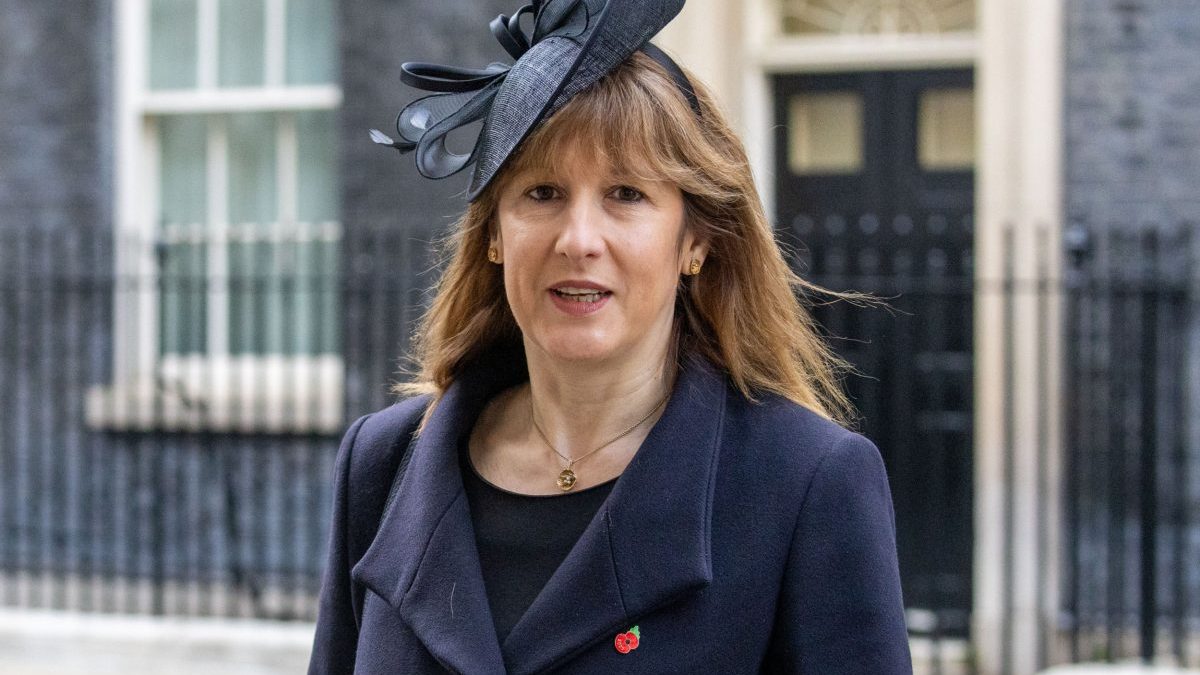Many employers could reduce their pension contributions if the Chancellor presses ahead with plans to cut tax breaks
Rachel Reeves’s plans to limit a tax break on pension contributions could stop savers from increasing their retirement pots and pile pressure on the state pension in the long run, experts have warned.
Many employers could cut their pension contributions if the Chancellor presses ahead with plans to reduce the tax breaks they and their employees receive in the Budget, they told The i Paper.
Under the proposals, which would raise up to £2bn a year, a £2,000 annual limit would be applied to the amount of salary that can get sacrificed into pensions without incurring national insurance (NI) payments, The Times reported.
New FeatureIn ShortQuick Stories. Same trusted journalism.
There is currently no limit on the amount that an employee can put into their pension under salary sacrifice schemes before it becomes subject to NI.
Employers benefit from lower employer NI contributions when staff use these schemes, because the tax is only applied to pay left over after pension contributions.
Ian Cook, a chartered financial planner at wealth manager Quilter, said the changes could “put off” younger generations from increasing their retirement savings.
He said: “My concern would be that it would have a significant impact on people considering their contribution levels, and people may well not provision correctly for retirement because of it.”
A survey of Quilter clients last month found that if the tax benefits of salary sacrifice schemes were reduced, one in four respondents (25 per cent) would stop using them altogether and nearly one in five (19 per cent) would contribute less.
Mr Cook said many employers use the savings they make on NI to match employees’ pensions contributions beyond the statutory minimum, but cuts to their tax relief could put a stop to this.
He said the changes could make people more reliant on the state pension in the long run.
He added: “It’s slightly perverse that we’ve got a state pension system that can’t support the future generations, and then we’re going to take away the very benefit that is incentivising people to take the pressure away from the state system.”
Tom Selby, director of public policy at AJ Bell, a pensions platform, agreed that the changes could discourage people from saving more into their pensions.
He said: “There is a risk that if employers are punished for offering good pensions to staff – or discouraged from doing so – this will have knock-on impacts on private savings levels.
“Ultimately, if individuals don’t put enough aside for retirement, the state will one way or the other end up picking up the tab.”
He said this would force firms to consider whether their existing arrangements “remain worthwhile”.
Yvonne Braun, director of long-term savings at the Association of British Insurers, a trade body that represents pensions firms, said pensions policy “must not become a testing ground for short-term revenue raising through stealth taxes”.
She said: “Such measures will increase the costs to employers of providing pensions for their workers and risk undoing years of progress on retirement outcomes, all at a time where we already know millions of workers are not saving enough for their retirement.
“Constant speculation about and tinkering with pension policy damages confidence in the entire pension system, fuels confusion and leads to real financial harm where savers act on uncertainty.”
A survey of business leaders by the ABI and the Reward and Employee Benefits Association last year found that nearly half of employers that pay staff more than the minimum pension would consider reducing their contributions if NI was introduced on their pension payments.

